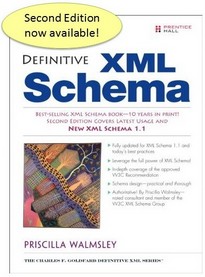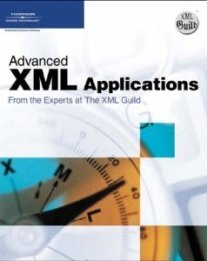gml:TimeCalendarEra
gml:TimeCalendarEra inherits basic properties from gml:DefinitionType and has the following additional properties: - gml:referenceEvent is the name or description of a mythical or historic event which fixes the position of the base scale of the calendar era. This is given as text or using a link to description held elsewhere. - gml:referenceDate specifies the date of the referenceEvent expressed as a date in the given calendar. In most calendars, this date is the origin (i.e., the first day) of the scale, but this is not always true. - gml:julianReference specifies the Julian date that corresponds to the reference date. The Julian day number is an integer value; the Julian date is a decimal value that allows greater resolution. Transforming calendar dates to and from Julian dates provides a relatively simple basis for transforming dates from one calendar to another. - gml:epochOfUse is the period for which the calendar era was used as a basis for dating.
Element information
Namespace: http://www.opengis.net/gml/3.2
Schema document: external/ogc/gml/3.2.1/temporalReferenceSystems.xsd
Type: gml:TimeCalendarEraType
Properties: Global, Qualified
Content
- Sequence [1..1]
- gml:metaDataProperty [0..*]
- gml:description [0..1]The value of this property is a text description of the object. gml:description uses gml:StringOrRefType as its content model, so it may contain a simple text string content, or carry a reference to an external description. The use of gml:description to reference an external description has been deprecated and replaced by the gml:descriptionReference property.
- gml:descriptionReference [0..1]The value of this property is a remote text description of the object. The xlink:href attribute of the gml:descriptionReference property references the external description.
- gml:identifier [1..1]Often, a special identifier is assigned to an object by the maintaining authority with the intention that it is used in references to the object For such cases, the codeSpace shall be provided. That identifier is usually unique either globally or within an application domain. gml:identifier is a pre-defined property for such identifiers.
- gml:name [0..*]The gml:name property provides a label or identifier for the object, commonly a descriptive name. An object may have several names, typically assigned by different authorities. gml:name uses the gml:CodeType content model. The authority for a name is indicated by the value of its (optional) codeSpace attribute. The name may or may not be unique, as determined by the rules of the organization responsible for the codeSpace. In common usage there will be one name per authority, so a processing application may select the name from its preferred codeSpace.
- gml:remarks [0..1]
- gml:referenceEvent [1..1]
- gml:referenceDate [1..1]
- gml:julianReference [1..1]
- gml:epochOfUse [1..1]
from type gml:DefinitionBaseTypefrom type gml:DefinitionType
Attributes
| Name | Occ | Type | Description | Notes |
|---|---|---|---|---|
| gml:id | [1..1] | xsd:ID | The attribute gml:id supports provision of a handle for the XML element representing a GML Object. Its use is mandatory for all GML objects. It is of XML type ID, so is constrained to be unique in the XML document within which it occurs. | from type gml:DefinitionBaseType |
Used in
- Type gml:TimeCalendarEraPropertyType (Element gml:referenceFrame)
Sample instance
<gml:TimeCalendarEra gml:id="ID"> <gml:metaDataProperty> <gml:GenericMetaData>Any text, intermingled with: <!--any element--> </gml:GenericMetaData> </gml:metaDataProperty> <gml:description>string</gml:description> <gml:descriptionReference/> <gml:identifier codeSpace="http://www.example.com/">string</gml:identifier> <gml:name>string</gml:name> <gml:remarks>string</gml:remarks> <gml:referenceEvent>string</gml:referenceEvent> <gml:referenceDate>2000-01-01</gml:referenceDate> <gml:julianReference>1.0</gml:julianReference> <gml:epochOfUse> <gml:TimePeriod gml:id="ID"> <gml:metaDataProperty>... </gml:metaDataProperty> <gml:description>string</gml:description> <gml:descriptionReference/> <gml:identifier codeSpace="http://www.example.com/">string</gml:identifier> <gml:name>string</gml:name> <gml:relatedTime>... </gml:relatedTime> <gml:beginPosition>12:00:00</gml:beginPosition> <gml:endPosition>12:00:00</gml:endPosition> <gml:duration>P1Y2M3DT10H</gml:duration> </gml:TimePeriod> </gml:epochOfUse> </gml:TimeCalendarEra>



